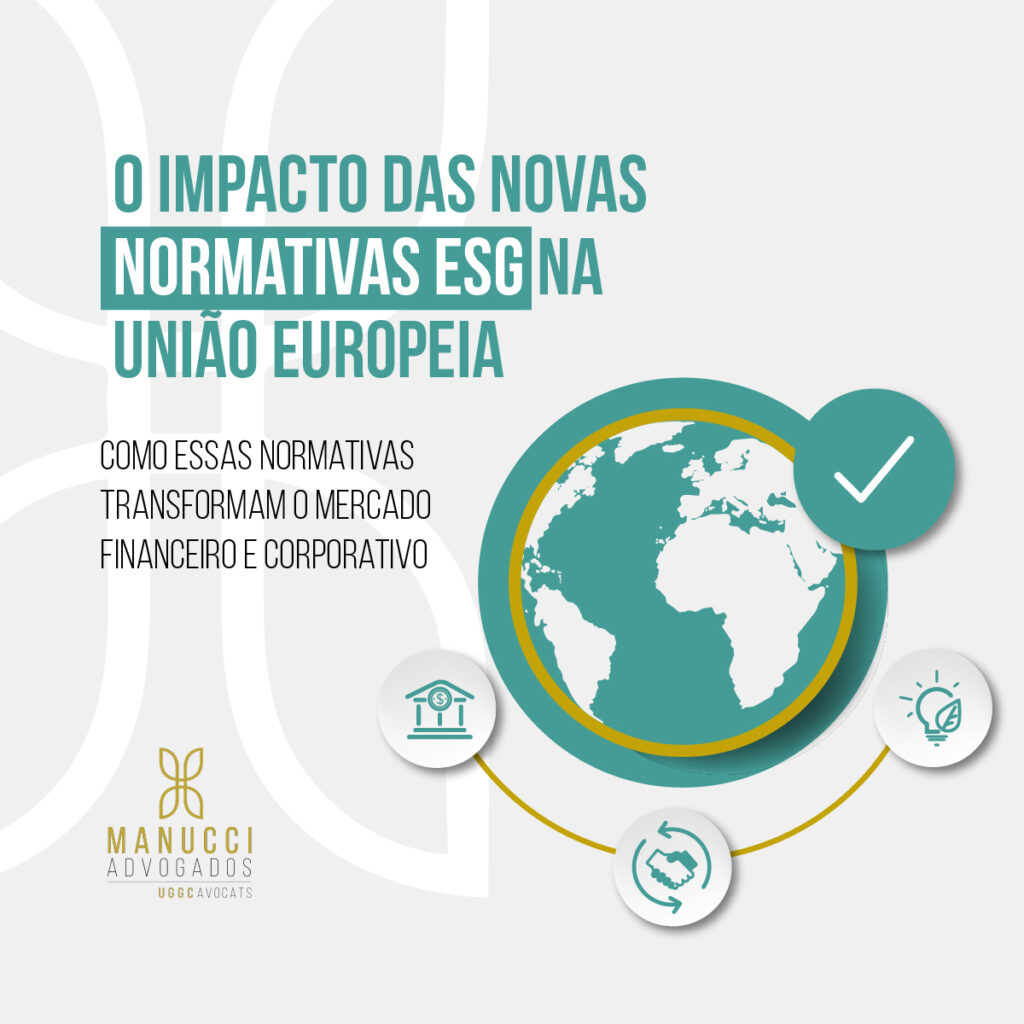Brazil is among the world’s four largest emerging economies, with a PPP GDP of USD$ 3.13 trillion. It is the world’s 9th largest economy and it is the largest economy in Latin America. By continuously building upon the solid macroeconomic stability, which began in the early 2000’s, by 2012, it had become the world’s 3rd largest foreign direct investment recipient and the 1st in Latin America. Enjoy our Guide “How to Invest in Brazil” and discover new opportunities of business.
Major companies are located in Brazil, such as Embraer, Vale, Petrobras, among others. With more than 200 million inhabitants and a large middle-class population, the country also has a huge and growing domestic market. Since 2003, about 50 million people have joined the middle-class as a result of successful social investment policies to fight poverty. Additionally, the country possesses many large industrial and major infrastructure projects (resulting from the “Accelerated Growth Program” and the “Logistics Investment Program”), which combine technology, high productivity and sustainability.
Therefore, Brazil is one of the world´s greatest investment opportunities, a gateway to Latin America, and is looked upon as a model for growth for other developing countries.
BRAZILIAN DEFINITION OF FOREIGN CAPITAL
Under Federal Law nº. 4131, of 1962, foreign capital can be defined as goods, machinery or equipment brought into Brazil without initial payment, for use in the production of goods and services, as well as financial or monetary resources brought into the country for use in economic activities. In both cases, foreign capital must belong to companies or individuals with permanent residence or headquarters in foreign countries.
Foreign capital is afforded the same legal treatment as national capital.
FOREIGN DIRECT INVESTMENT MODALITIES
Foreign investment in Brazil can be carried out as a direct investment or through an investment portfolio. If the investor holds 10% or more of ordinary shares or the right to vote in a Brazilian Company, it will be considered a Foreign Direct Investment (FDI). If the percentage is less than 10%, the investment will be considered a Foreign Portfolio Investment (FPI). Portfolio investments refer to foreign investments in the Brazilian financial and stock Markets in the form of share acquisitions or fixed-income or securities, traded in Brazil or abroad.
Foreign Direct Investment is divided into two main modalities, which are (i) capital participation and (ii) intercompany loans.
FORMS OF ASSOCIATION
Joint Venture
In Brazil JV is a model of association between companies to develop a common project with a specific purpose. Types of Joint Venture:
- Corporate JV – The partners set up a new company to develop a common project with a specific purpose.
- Non Corporate JV – The partners make an agreement to develop a common project with a specific purpose, without setting up a new company.
The most common form of JV in Brazil is the Corporate JV constituted through Brazilian entities.
Legal Entities
The most common entities chosen by foreigners in Brazil to set up businesses are the Sociedade Anônima (similar to a Corporation) and the Sociedade Limitada (similar to a Limited Liability Company).
The Sociedade Limitada (Ltda) is regulated by the Brazilian Civil Law Code, and is organized through its articles of incorporation and its Operating Agreement. Its members have limited liability.
- The liability of members is limited to their investment (otherwise known in Brazil as “quotas”), provided that the member’s capital contribution has been paid in.
- The capital is divided into units that represent the amount of money, credits, rights or assets which the shareholder has contributed to the company’s capital.
- There is no minimum capital required to set up this type of company.
- A minimum of two members (Brazilians or foreigners) is required.
The Sociedade Anônima (S/A) is regulated by Federal Law No. 6404, of 1976, and is organized according to its bylaws. It is a business corporation by legal definition, with the objective of earning profits to be distributed among its shareholders. Its capital is represented by the value of all issued and outstanding shares.
- A minimum of two shareholders (Brazilians or foreigners) is required.
- Generally, there is no minimum capital required, except for some specific activities, such as financial service firms, banks etc.
There are two types of Sociedades Anônimas: (i) a publicly-held company, which obtains funds through public offers and subscriptions and is supervised by the Brazilian Securities Commission (CVM); and (ii) a privately-held company, which obtains capital from its own shareholders or subscribers.
Individual Company
The Individual Company (EIRELI) is regulated by the Brazilian Civil Law Code and is formed by only one partner. The share capital is at least 100 times the minimum wage in force in Brazil, totaling 88,000.00 Brazilian Reais (around USD$ 27,300.00 on 06.01.2017).
In the same way as the Sociedade Limitada (Ltda), the liability of the holder is limited to the investment made.
HOW TO SET UP A COMPANY AND INVEST IN BRAZIL
Formal procedures
- Foreign shareholders must appoint and be represented by a local attorney-in-fact, either a Brazilian or someone with a permanent Brazilian visa, granted specific powers to act on their behalf in any administrative and judicial proceedings;
- Foreign citizens and companies must be registered with the Federal Revenue Service to obtain the Company’s Tax Registration Number (CNPJ) or Individual Tax Registration Number (CPF);
- Bylaws or articles of incorporation of the investors foreign companies and power of attorney shall be legally recognized at the nearest Brazilian Consulate in the foreign country before their respective translation for legal equivalence;
- The manner in which the capital stock will be subscribed to in the Brazilian companies (goods, cash, and rights) is described in the bylaws or articles of incorporation;
- After the translation for legal equivalence, the bylaws or articles of incorporation must be duly filed with the Brazilian Local Trade Register (a lawyer must review and sign the bylaws or articles of incorporation);
- After filing the company’s deeds, the investors must register the foreign capital (cash, rights, goods, and equipment) with the Brazilian Central Bank Information System (SISBACEN) using the RDE-IED (Electronic Registration) software program. The capital registration in RDE-IED is also necessary to ensure the remittance of profits, profits reinvestment and capital repatriation in the future;
- Before beginning its operations, the company must be registered with the appropriate State Revenue Agency, Municipal Revenue Agency and Social Security Agency (INSS).
Permanent Visa
- Foreigners can be Directors or Managers of Brazilian Companies, however, they must have a permanent Brazilian Visa;
- The permanent visa is contingent on registration of the company’s bylaws or articles of incorporation and must be approved by the Ministry of Labor, the Ministry of Foreign Relations and the Federal Police;
- The visa is also contingent on the carrying out of the work for which the work license was required;
- To apply for a permanent visa for its Directors, the foreign company must have at least, R$ 600,000.00 Brazilian Reais (around USD$ 189,184.00 on 25.01.2017) invested in Brazil for each Director, provided that such investment is registered with the Central Bank of Brazil;
- It is also possible to obtain the permanent visa for its Directors if the foreign company invests, at least, R$ 150,000.00 Brazilian Reais (around USD$ 47,296.00 on 25.01.2017) and the company generates at least ten new jobs during the two years following the incorporation of the company or entry of the director.
- The permanent visa may also be granted to individuals who invest, at least, R$ 150,000.00 Brazilian Reais (around USD$ 46,800.00 on 06.01.2017) in a Brazilian company, either existing or recently set up, from showing that investments are directed to innovation.
Capital admission – Categories
- Money;
- Importation of goods without exchange coverage. The goods may be tangible (machines, equipment) or intangible (rights);
- Reinvestment of profits, “interest on own capital” or future profits reserve.
BRAZILIAN TAX SYSTEM OVERVIEW
The Brazilian Taxation System has 3 (three) tiers of taxation:
- Federal;
- State;
- Taxation will vary depending on the activity of the company and the location where it operates (City and State);
- Brazilian companies constituted or controlled by foreign capital, in general, have no special tax benefits in relation to companies constituted or controlled by Brazilians; However, Cities and States generally offer tax benefits and concessions of land for substantial and relevant foreign investments.
Taxation
- The profits/dividends distributed by Brazilian companies to partners based or resident in foreign countries have not been subject to income tax since 1996;
- Capital gains (which are the result of the positive difference between the acquisition value of goods and rights and their sale value) are taxed as income tax at the following rates: (i) 15% on the portion of gains that does not exceed R$ 5.000.000 Brazilian Reais; (ii) 17,5% on the portion of gains between R$ 5.000.000,00 Brazilian Reais and R$ 10.000.000,00 Brazilian Reais; (iii) 20% on the portion of gains between R$ 10.000.000,00 Brazilian Reais and R$ 30.000.000,00 Brazilian Reais; (iv) 22,5% on the portion of gains that exceed R$ 30.000.000,00 Brazilian Reais;
- Services provided by foreigners, residents or domiciled abroad, to individuals or companies in Brazil are subject to income tax at the rate of 15% (25% on software and technology acquisition or to companies based in tax havens), as a withholdind tax, plus Municipal taxes on services, depending on the service and location where it is rendered;
- Royalties paid to controlling companies based in foreign countries are subject to a total taxation at the rate of: 15% of income tax, as a withholding tax,and 10% of CIDE tax (falls on cases that have technology transfer and is nondeductible under double taxation agreements).
Double Taxation Agreements
Brazil has entered into Agreements to avoid double taxation of income with the following countries: South Africa, Argentina, Austria, Belgium, Canada, Chile, China, Korea, Denmark, Ecuador, Spain, Philippines, Finland, France, Netherlands, Hungary, India, Israel, Italy, Japan, Luxemburg, Mexico, Norway, Peru, Portugal, Czech Republic, Slovak Republic, Sweden, Turkey and Ukraine.
ABOUT US
Manucci Advogados Law Firm provides specialized legal services through smart strategies aimed at achieving results and savings for its clients.
Through a multidisciplinary team of skilled professionals, the law firm offers the structure and support required to meet the demands of its clients in Brazil and abroad.










